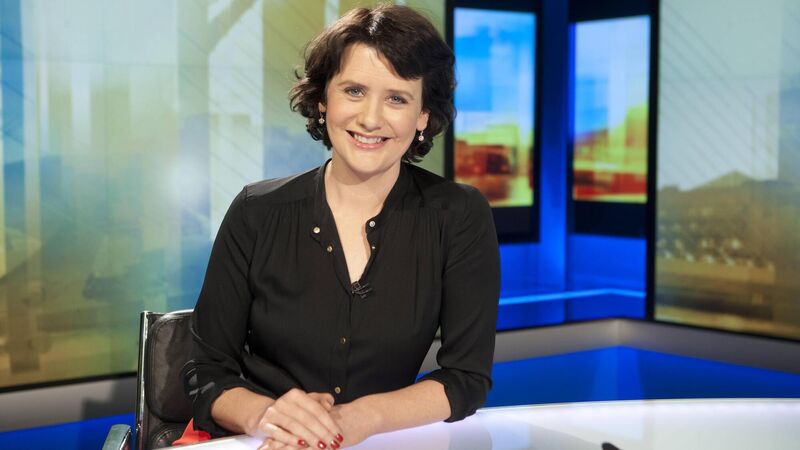Keelin Shanley: 'She managed cancer in an incredibly strong way, that was driven by hope'

Keelin Shanley, on the set of RTÉ's Morning Edition - a dedicated journalist and investigative reporter
The life, work and legacy of late RTÉ presenter and investigative journalist Keelin Shanley were remembered Monday night in a special documentary on RTÉ 1, and available on RTÉ Player.
Centred around an interview conducted by acclaimed programme-maker and personal friend, Judy Kelly, as she faced the realities of stage 4 breast cancer.







